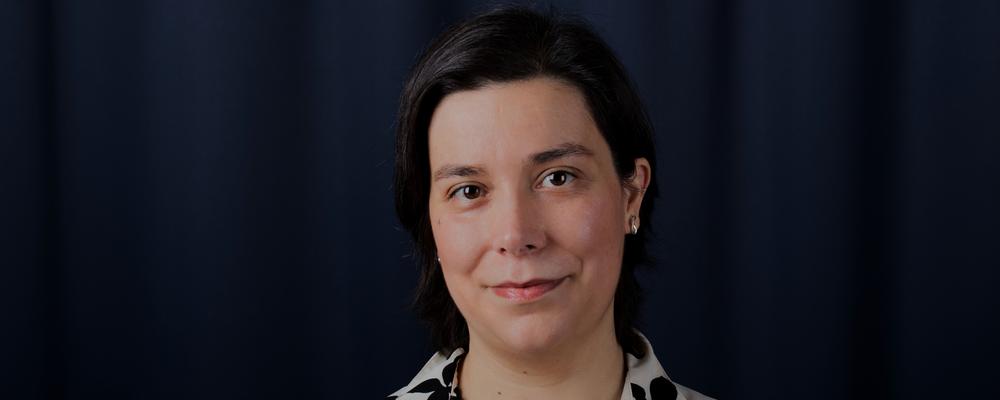What's your research about?
’I study how bacteria in the gut interact with mucins, and how problems in these interactions can lead to diseases. Mucins are the major component of the mucus layer that covers and protects our intestine cells.
What scientific questions are you working with?
’The basic question is how the gut bacteria (microbiota) interacts with colonic mucins and colonizes the human gut in a healthy state. We also want to know how alterations in these interactions are related to diseases. The microbiota is an extremely complex system with trillions of bacteria that colonizes the mucus layer. A single bacterium can express hundreds of enzymes. Our understanding of these bacterial proteins is very limited and we do not know the impact of such proteins in human gut colonization with a healthy microbiota.
’Diseases such as inflammatory bowel disease (IBD), colon cancer and obesity have been linked to alterations of the microbiota community composition and mucus barrier function. However, the link between the bacteria and the mucus remains unclear. My goal is to understand how the microbiota interacts with mucins in order to understand how alterations in this system lead to diseases.
’My experiments are mostly done using single bacteria as models and then expanding from there to define communities of bacteria that we are able to control. I study all the steps in these bacteria-mucin interactions. We characterize the activity and structure of single proteins in a single bacteria to understand how these proteins work. Then we generate mutants to understand the role of these proteins in the bacteria and we also study these mutants in vivo to understand what happens in the host side. For that I use basic biochemistry, structure biology, microbiology and mucus physiology studies to link all these things together.
What are your vision?
’My vision is to establish a lab where I can be a reference in microbiota-mucins interactions field. A lab where biochemistry, structure biology and mucus physiology come together to solve the basic question: How the microbiota colonizes the human gut?
What's your scientific background?
’I have a Pharmacy degree from University of Lisbon in Portugal. I have always been interested in understanding how different systems in the human body work and how alterations can lead to diseases. As pharmacist my focus has been on studying diseases to find possible cures.
’During my PhD I learned basic biochemistry and during my time as a Marie Curie fellow in USA I learned microbiology, and now here at the University of Gothenburg I have learned mucus physiology. In my lab, we link these three different skills together to study the basic mechanisms of microbiota-host interactions.
Why did you start researching?
’I always been curious and wanted to understand how everything works. I have learned a lot in my Pharmacy degree, and I did enjoy the active role that a pharmacist can have in the community. After my degree, I did work as a pharmacist just to be to be sure that it was not the thing I wanted to do. After three months, my curious side led me to apply to a research fellow position. Since then, I have been working in research.
’Being a scientist is almost like being an artist. We come up with questions and hypothesis in our head and then go to lab to test it. We change our work to adjust to different challenges. It is a very creative process and the results and articles are the final pieces that we share with the world.
Who do you collaborate with?
’Outside the University of Gothenburg I have ongoing collaborations with Eric C Martens at the University of Michigan, USA, and Alan Cartmell at the University of Liverpool, UK.
'Unfortunately, the pandemic made it difficult for me to attend conferences and find new partners.
March 2022
Interview: Niclas Lundh
Page Manager: webb@biomedicine.gu.se
